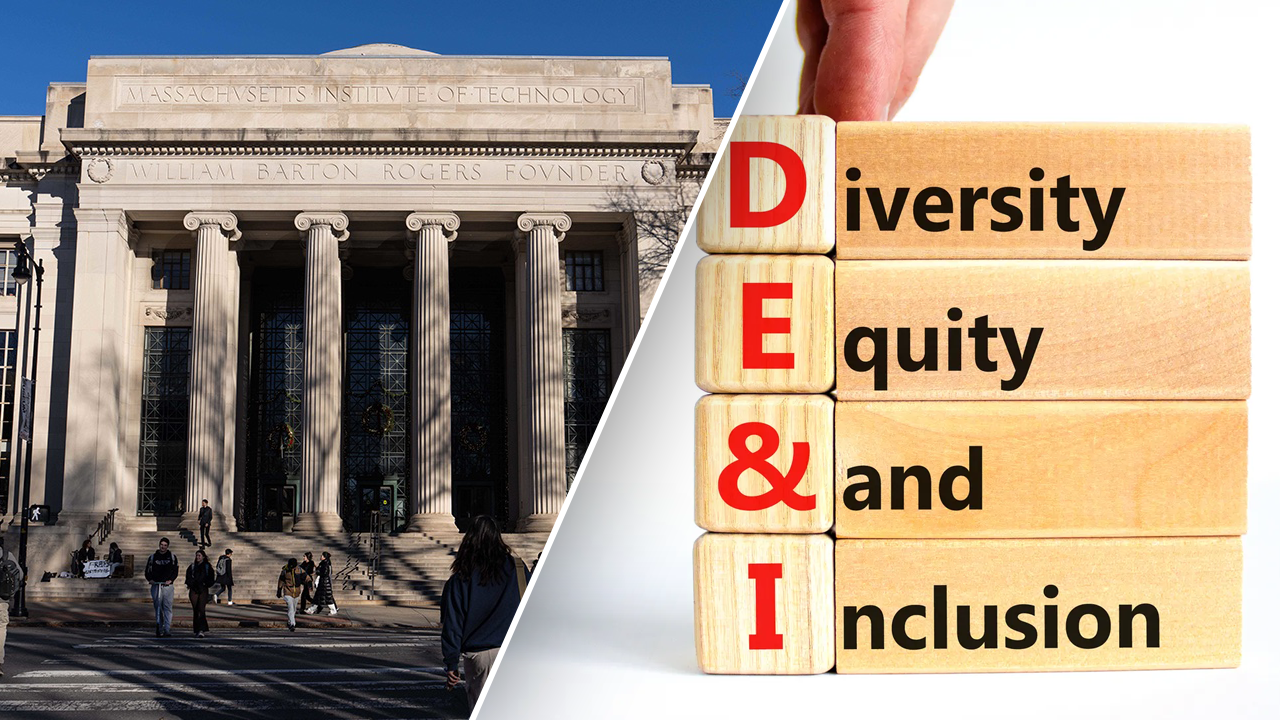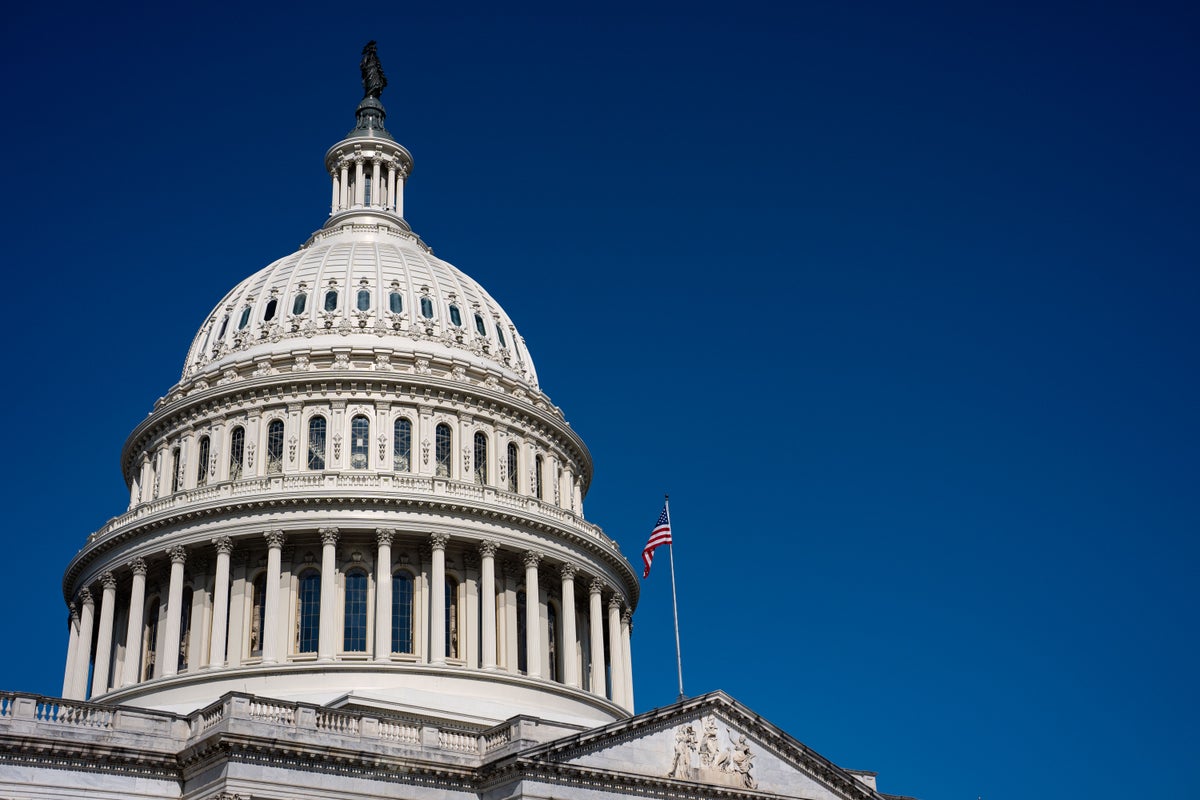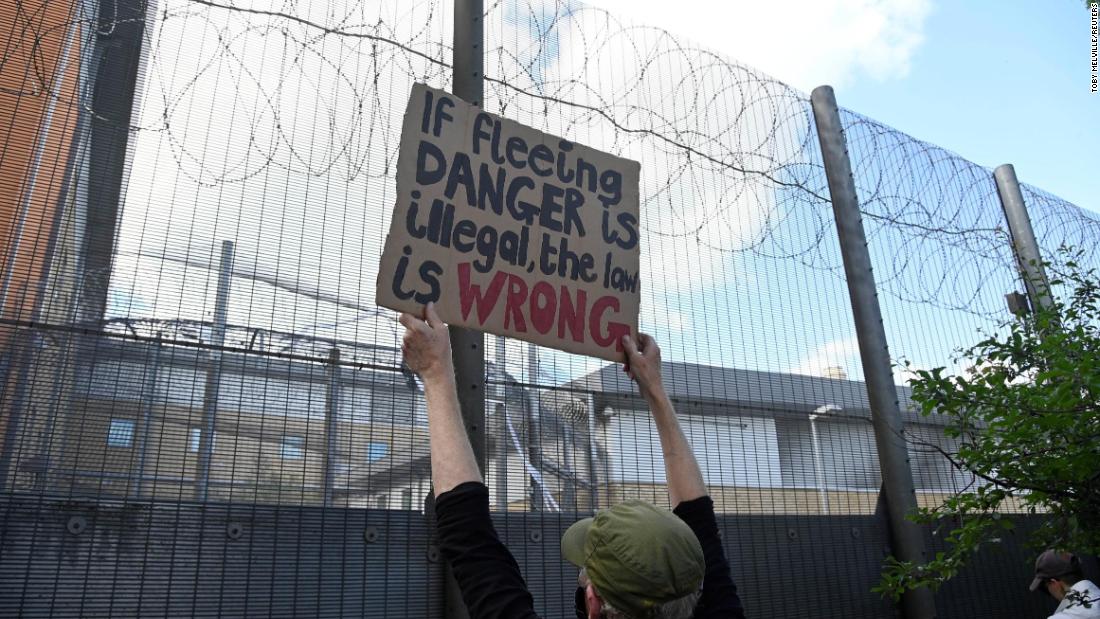
For years, aging Americans have looked south to Florida for their ideal retirement home to escape into retirement from their four-decade grinds in the U.S. workforce.
But wealthy citizens are increasingly considering a life across the Atlantic, with Donald Trump’s imminent return to the White House being labeled as the reason.
Back in March, Fortune spoke to Americans who were planning to up sticks in the event Trump was elected U.S. president, a sign of their fears for the outcome of his reign, and of fatigue with the increasingly toxic U.S. political environment.
‘This country of mine has become intolerant’
David, a 65-year-old lawyer from Chicago, went to Portugal on a scouting trip in April with a $500,000 budget in the hopes of finding a new second home on the Silver Coast, between Lisbon and Porto.
The lawyer, who asked to remain anonymous, citing concerns he might be harassed, said the political climate had turned so toxic that he was driven to seek peace across the Atlantic.
As the grandson of four immigrants who landed on Ellis Island, David has become particularly perturbed by debate in the U.S. around immigration.
“This country of mine has become intolerant,” David says.
“This country has always vilified people who are not like them. So we see these pictures of people on the south of the border, and they’re just people, but both sides use them for political reasons, and that’s just one example of the absolute intolerance, and it’s sad.”
The lawyer is also moving to escape the looming threat of gun violence.
“I told my wife about 15 years ago that I had made peace with the fact that I could be shot dead at any moment in time in this country,” David said.
David was hoping to close a deal before the U.S. elections in November, believing that if Trump secured a second term as President, demand for homes abroad could skyrocket.
Americans rushing abroad
The lawyer isn’t just going on a scouting trip for himself next month. He and his wife intend to earmark locations and properties for five of their other friends.
David’s and his friend’s politically motivated decision to start uncoupling themselves from their home country isn’t uncommon, according to Kylie Adamec, a real estate consultant for Casa Azul who is advising David and other Americans on their moves.
“People are not caring so much about the tax situation, they’re more concerned with what’s going to happen in the United States in the next couple of months. Come November with the election, people just want to have options set up,” Adamec told Fortune.
In March, Donald Trump and Joe Biden were confirmed as the respective Republican and Democrat nominees for the U.S. presidency in a rematch of 2020. Biden stepped down from the race in July, making way for his VP Kamala HArris to take on Trump.
The run-in was, in line with the 2016 and 2020 election battles, an incredibly divisive affair.
“From what I can see, it’s, this is a first-time thing in terms of the decision of an election really being a determining factor in whether or not someone moves abroad, be it full-time or part-time.”
Adamec says it’s a mix of American buyers looking at property options in Portugal, but they are more left-leaning.
According to Marco Permunian, you can get a good sense of political instability in the U.S. simply by observing the number of people applying for Italian passports through his company, Italian Citizenship Assistance (ICA), at any given time.
Inquiries began to spike in 2016 following Trump’s election to the White House. They did so again in 2020 following the COVID-19 pandemic and instability stoked by protests and riots following the murder of George Floyd, as well as after the Supreme Court overturned Roe v Wade.
As the U.S. geared up for a second gruesome showdown between Trump and Biden at the start of the 2024, it was no surprise that ICA saw inquiries triple between January and March of this year.
The latest spike, though, is attributable to exhaustion on both sides of the political spectrum, Permunian says.
The majority of his clients are from the East Coast areas of New York, Pennsylvania, and Boston, but there are more dotted across the country in places like California and Texas.
He says demand for passports is often the first move for many in a long-term plan to seek a new home in Italy or elsewhere in the European Union, rather than a sign of imminent emigration.
“The majority is still not ready to move but is getting ready, just in case,” Permunian told Fortune.
The company mainly works with people between the ages of 35 and 65 who are looking for extra citizenship options.
That chimes with the latest data. The latest USA Wealth Report found a record number of Americans were looking abroad for residency and citizenship options as the political environment frayed.
Christopher Willis, managing director of citizenship and residency advisor Latitude Consultancy, is experiencing a 300% increase in client inquiries.
It means the smart money is going toward getting exit plans in place now before demand jumps further later in the year. Portugal and Spain are proving to be particularly popular European locations for Willis’s clients.
“People are not waiting for November. They’re getting their affairs in order now,” Willis said.
“So if things go sideways, they’ve already got the option to act on it as opposed to scrambling once the election is completed.”
Steven, who was also using a pseudonym as he is awaiting visa approval, is a New Yorker making the move to Portugal through Casa Azul. Having grown sick of New York City, he and his Brazilian wife are giving up their $3,500 rent in the Big Apple for a $2,100 per month three-bedroom home in Lisbon.
“It’s a great city if you have to still have ambition and drive,” Steven says of New York. “But if you want to downshift a little, it will just steamroll you.”
While the political climate isn’t the main reason for his move, Steven acknowledged that the U.S. political system had become “crazy.”
“Being back here is horrifying,” Steven said.
Europe’s own political toxicity
Americans escaping the U.S. in the event of a Trump presidency may find the grass isn’t necessarily greener across the pond.
Europe may appear a haven for U.S. expats tired of their polarized climate and growing threats of violence, but the continent is no longer the safe or mild-mannered haven it has been for so much of the post-World War Two era.
Trump has threatened to pull out of NATO if he is re-elected if “delinquent” European nations don’t pay an agreed 2% of their GDP towards membership in the bloc.
That leaves Europe strategically exposed, as leading figures from the Airbus CEO to European Commission chief Christine Lagarde have warned.
It is also more complicated than it once was for Americans to buy their place on the continent.
Portugal scrapped its golden visa program last year, which allowed foreigners to acquire residency and eventually citizenship in the country through the purchase of property. This set off a scramble to secure visas in the country before the scheme closed.
A higher level of investment, crucially not in real estate, is now the best option for wealthy foreigners.
There are fears that the elevation of right-wing parties into the country’s parliament could further intensify harmful rhetoric against immigrants, aping the kind of polarization that has become commonplace in the U.S.
In Italy, the ruling far-right party has made sweeping changes to the country’s cultural landscape and clamped down on immigration.
Casa Azul’s Adamec, though, said despite expecting inquiries about residency in Portugal to nosedive following the closure of the golden visa program, applications have remained steady, probably fueled by the U.S. election.
As for Europe’s own political toxicity, David isn’t feeling anywhere near as anxious as events in the U.S. have made him.
“They’re all kind of like baby Trumps, so I’m not going to worry about it,” David says of Europe’s intensifying political cauldron.
“Portugal’s always been a pretty liberal place. I’m not overly concerned.”



























































